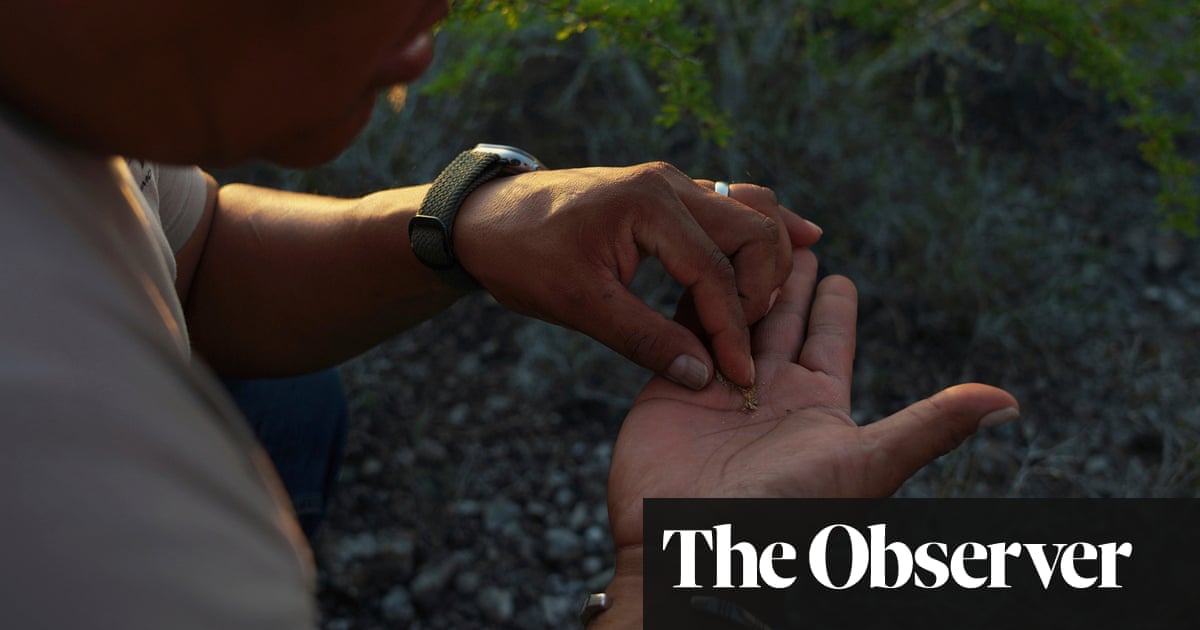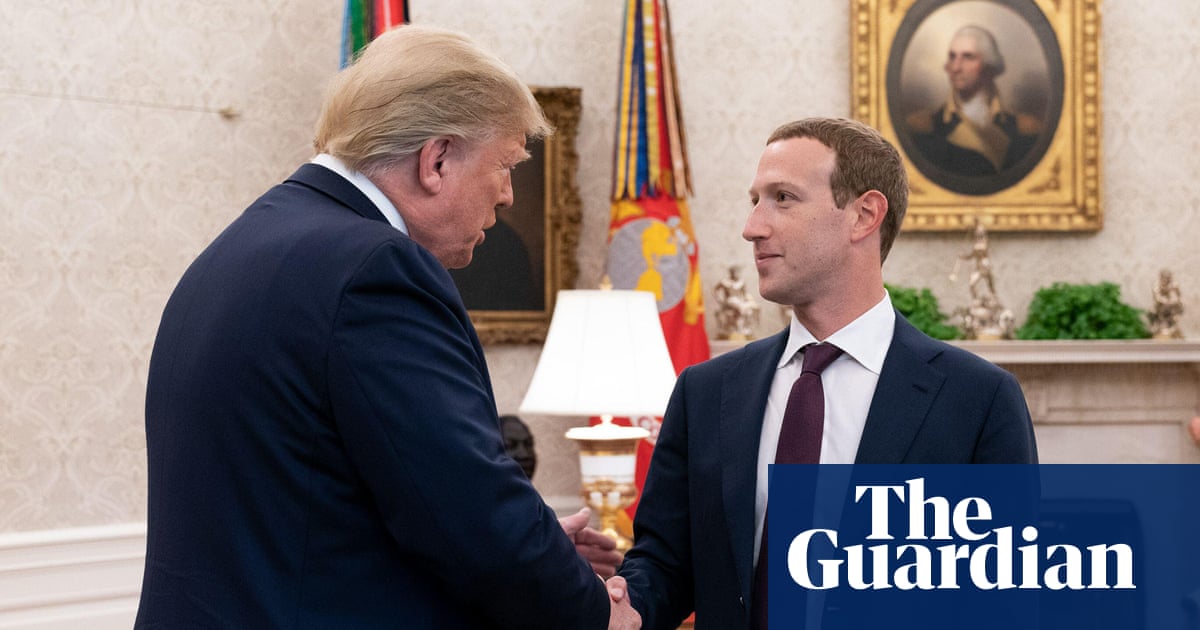The year 1994 was a big one for British culture. Four Weddings and a Funeral smashed box-office records, Oasis’s Definitely Maybe became the fastest-selling debut album in British musical history up to then, and you could board the Eurostar for Paris. But for all the buzz of Cool Britannia, arguably the most far-reaching cultural event was the launch of the national lottery. On 19 November, 22 million people tuned in to the BBC to watch Noel Edmonds draw the first winning numbers. “It could be you!’ seemed an apt slogan for a more optimistic era.
Margaret Thatcher had “disapproved” of lotteries. Set up by her successor, John Major, the national lottery has funded more than 700,000 projects across community, heritage, sport and the arts in Great Britain and Northern Ireland. This week it announced that it has raised £50bn “for good causes”. From Billy Elliot to the Royal Ballet, and Antony Gormley’s Angel of the North to the Eden Project in Cornwall, the national lottery has transformed the cultural landscape of the UK. Not to mention the 2012 Olympics and events such as Michael Sheen’s 72-hour performance of The Passion in his hometown, Port Talbot.
A series of such moments is captured in an exhibition of photographs by Thomas Duke to celebrate the 30th anniversary of the lottery at the National Portrait Gallery. Fifteen new heritage projects include a community hub at Tilbury, the Essex port where the Empire Windrush docked in 1948, and a Science Discovery Centre in Cheshire.
Lotteries go back to the Roman empire. In England, the first state lottery was set up by Queen Elizabeth 1 in 1567, as an alternative to raising taxes, with profits to go to “reparation of the Havens and strength of the Realme”. Tickets cost a hefty 10 shillings, but along with a prize of £5,000, some pottery and “good linen cloth”, all participants were granted immunity from arrest, except for piracy, murder or treason.
Dubbed a “tax on stupidity” by Voltaire, lotteries have always had their detractors. “The Lottery, with its weekly pay-out of enormous prizes, was the one public event to which the proles paid serious attention,” George Orwell wrote in Nineteen Eighty Four. The national lottery has provoked sniffiness since 1994. As one commentator in the Art Newspaper put it in 2018, “It is seen as a benign form of play, a modest voluntary tax on the innumerate and deluded.” Is this cynical state-sponsored gambling, with preposterously long odds?
Then there are the charges that it is too London-centric and takes money from those who can least afford it to fund the pastimes of the richest. According to Arts Council England, for all the headline-grabbing, multi-million-pound redevelopments of venues including the Royal Opera House, 70% of grants are for £10,000 or less, and are often given to grassroots projects. One flourishing example is Bloomin’ Buds Theatre Company in Bradford, whose mission is to engage and reflect its local community.
The national lottery is vital to the nation’s cultural health. Yet, many of the buildings and developments that followed its launch are now in urgent need of attention. Lottery grants were intended to work in addition to public funding, not to replace it. In propping up crumbling arts infrastructure, the lottery has helped let governments off the hook. Funding for the arts should not depend on crossing our fingers.
-
Do you have an opinion on the issues raised in this article? If you would like to submit a response of up to 300 words by email to be considered for publication in our letters section, please click here.

.png) 1 month ago
26
1 month ago
26













































